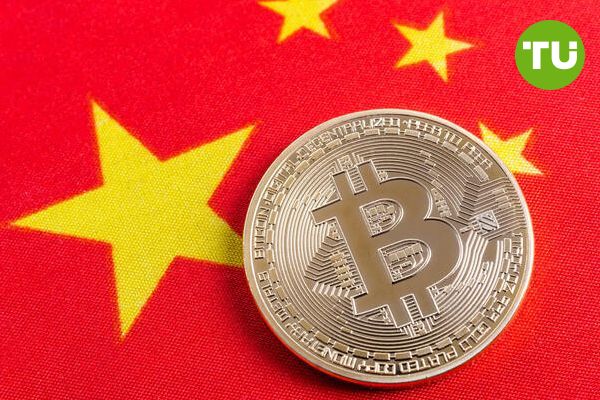China’s central bank official pays tribute to Satoshi Nakamoto
 PBOC’s Lu Lei: Mundell’s euro vision and Bitcoin’s journey hold lessons for digital yuan
PBOC’s Lu Lei: Mundell’s euro vision and Bitcoin’s journey hold lessons for digital yuan
Lu Lei, deputy governor of the People’s Bank of China, recently explored the legacies of two influential figures in monetary economics: Nobel laureate Robert Mundell and Bitcoin’s mysterious creator, Satoshi Nakamoto.
In his latest book, Lu acknowledges the impact of both, noting that while each reshaped financial theory, neither could provide a universally adaptable monetary solution, reports CoinGape.
Robert Mundell: Visionary of a Unified Currency
Known as the "father of the euro," Mundell was a staunch advocate for single currency areas. His theories laid the groundwork for the euro and fueled discussions on creating a “dollarization utopia.” Mundell’s dream was a world where a single currency could drive stability and efficiency in global trade. Yet, as Lu highlights, Mundell’s vision was never fully realized due to the diverse needs of different economies. His work, however, continues to influence central banks, including the PBOC, as they experiment with digital and cross-border currencies.
Satoshi Nakamoto’s Bitcoin: From Currency to Digital Gold
Created 16 years ago, Bitcoin aimed to be a decentralized global currency, allowing users to transact independently of traditional financial systems. But Bitcoin’s journey has taken it from an exchange medium to a high-value asset, moving it further from its original purpose. According to Lu, Bitcoin’s transformation into a “digital gold” comes with costs, particularly in energy consumption, making it inefficient as a currency. He argues that Bitcoin’s closer alignment with commodities limits its potential as a widely circulated medium.
The Future of Digital Currencies
Lu’s reflections are timely as China advances its Digital Yuan, designed as a controlled yet modernized currency for daily transactions. Bitcoin’s evolution and Mundell’s unrealized vision serve as reminders of the challenges in creating a global monetary solution. Lu suggests that central banks might need to balance the innovative freedom of decentralized currencies with the stability offered by centralization to navigate this new era effectively.
Recentrly we wrote, that co-founder of crypto exchange BitMEX, recently pointed out that China’s latest round of quantitative easing (QE) could spur increased demand for Bitcoin.













































































































































